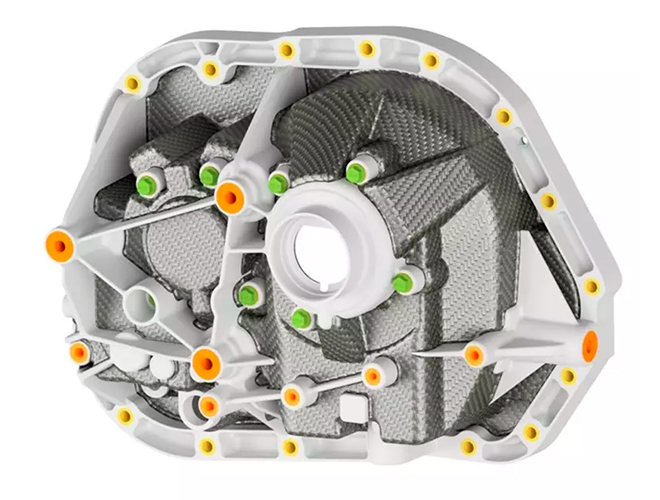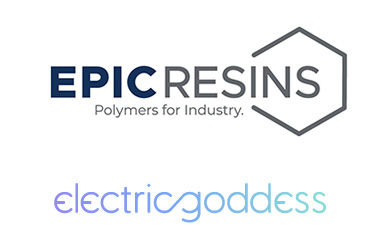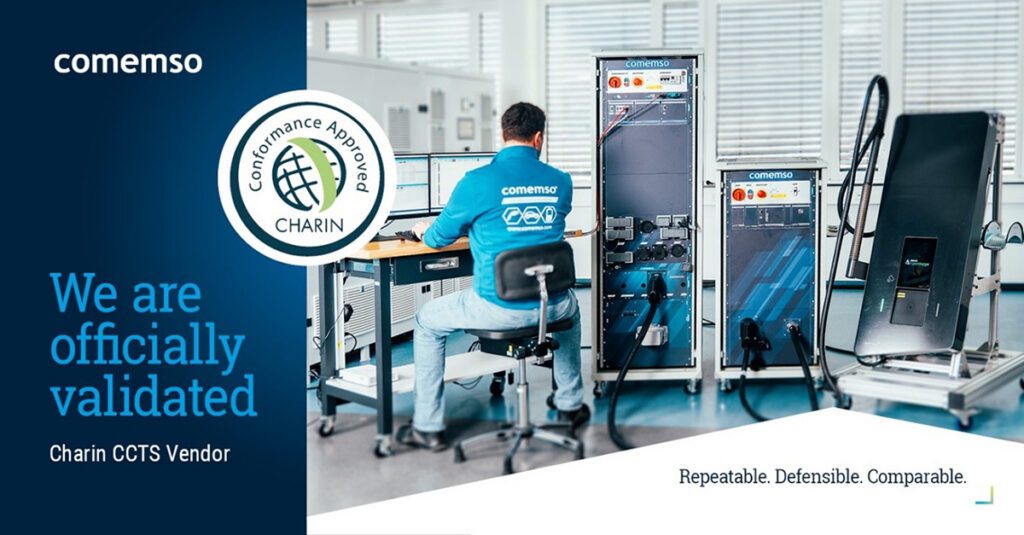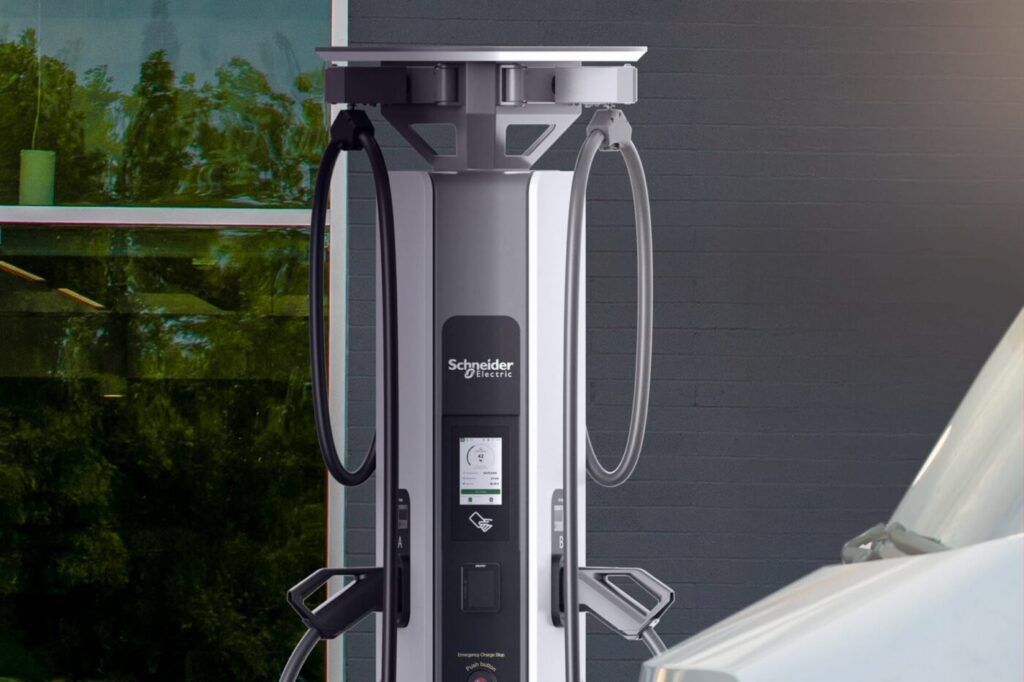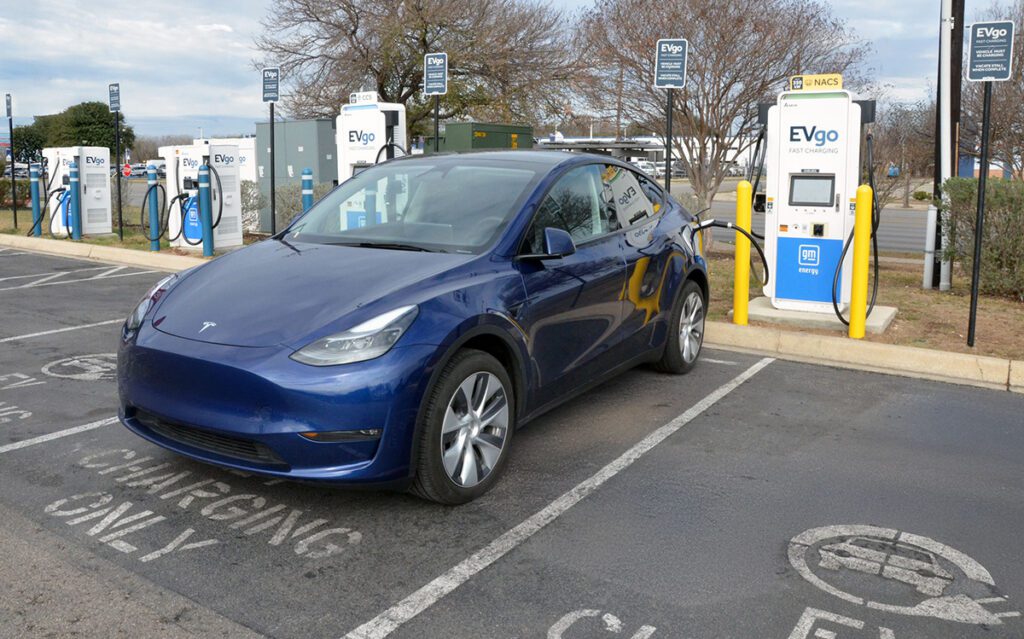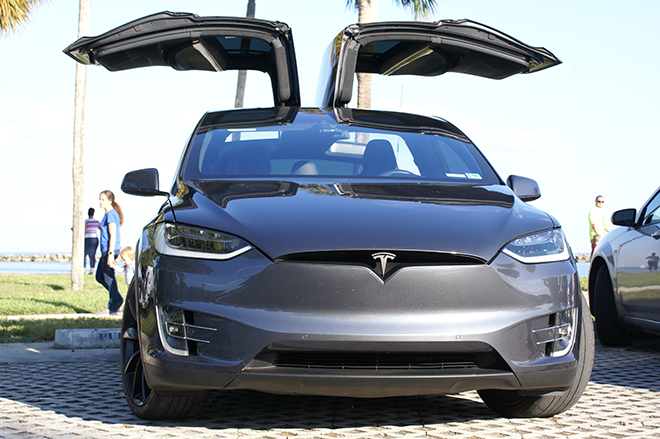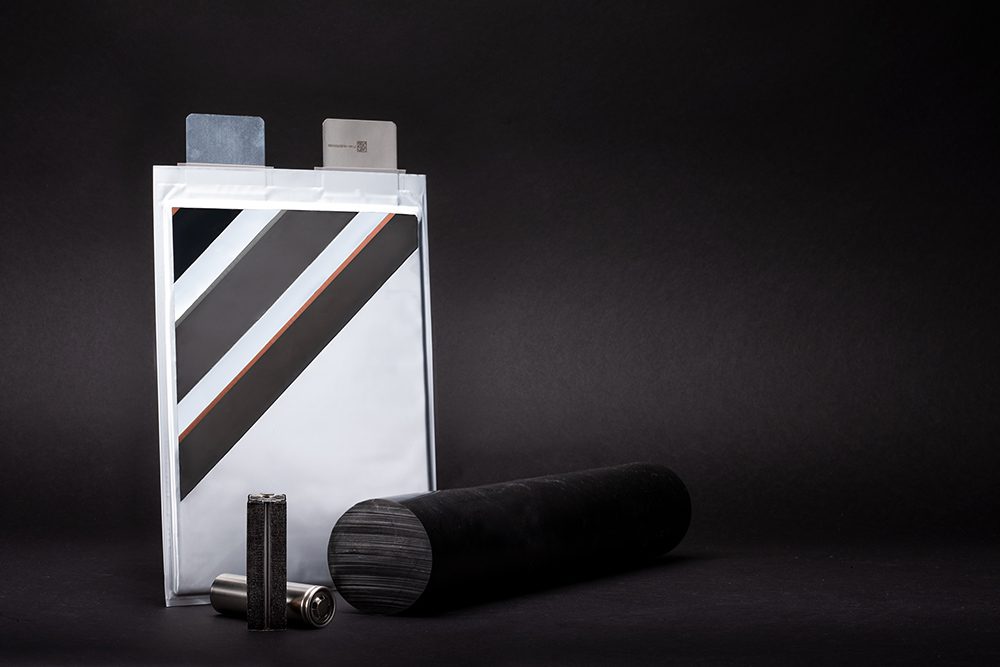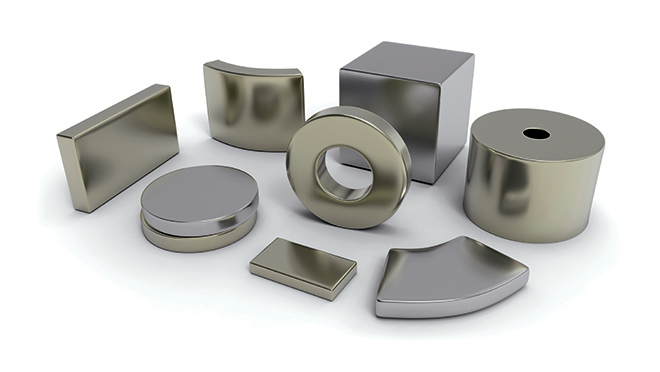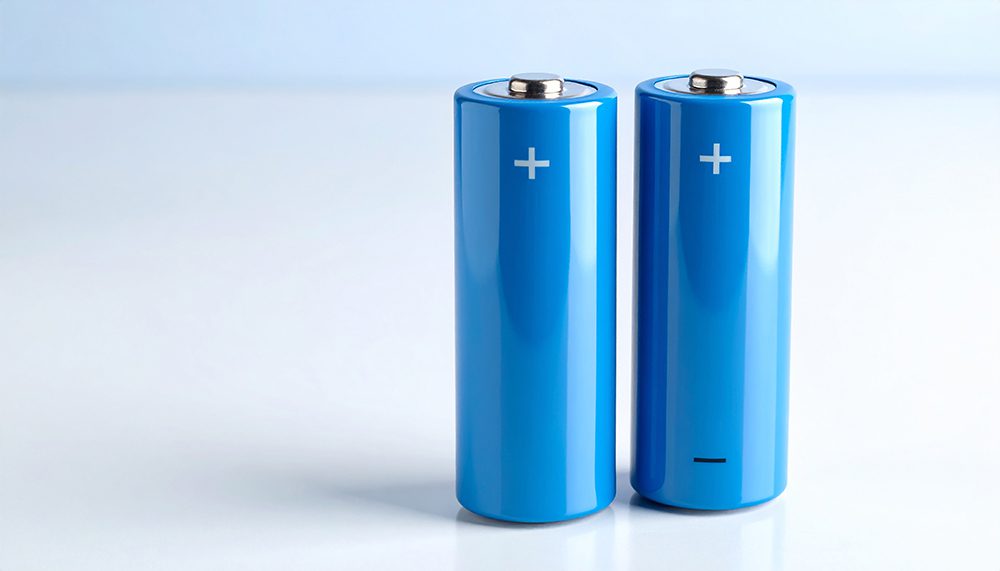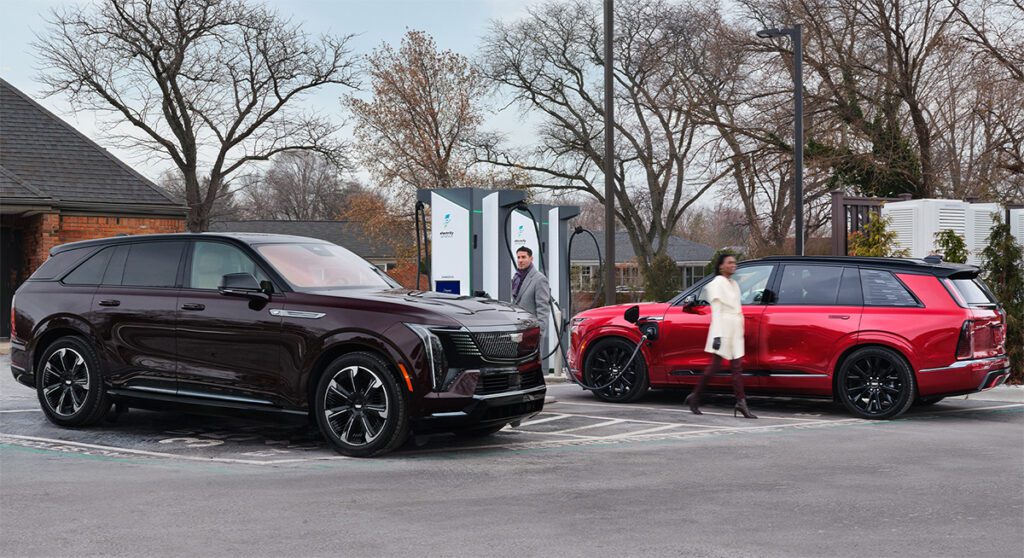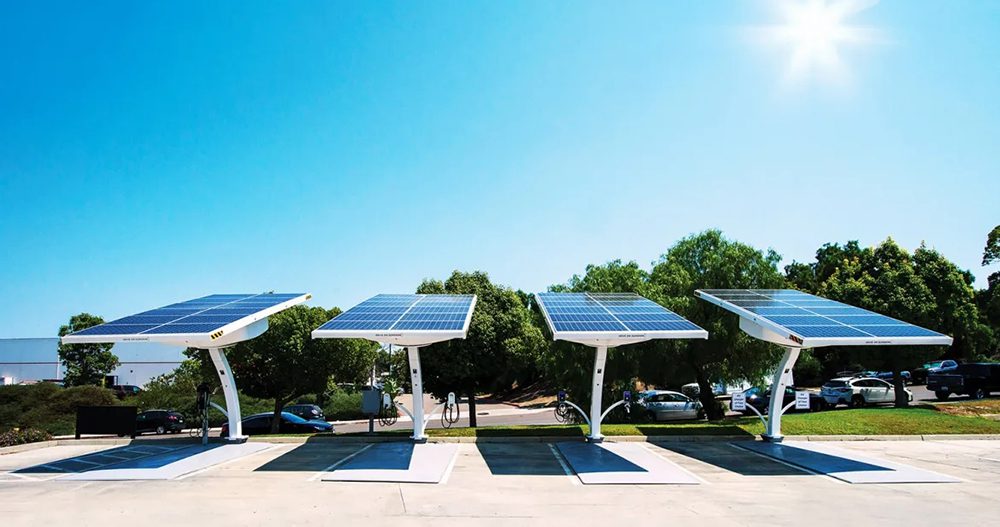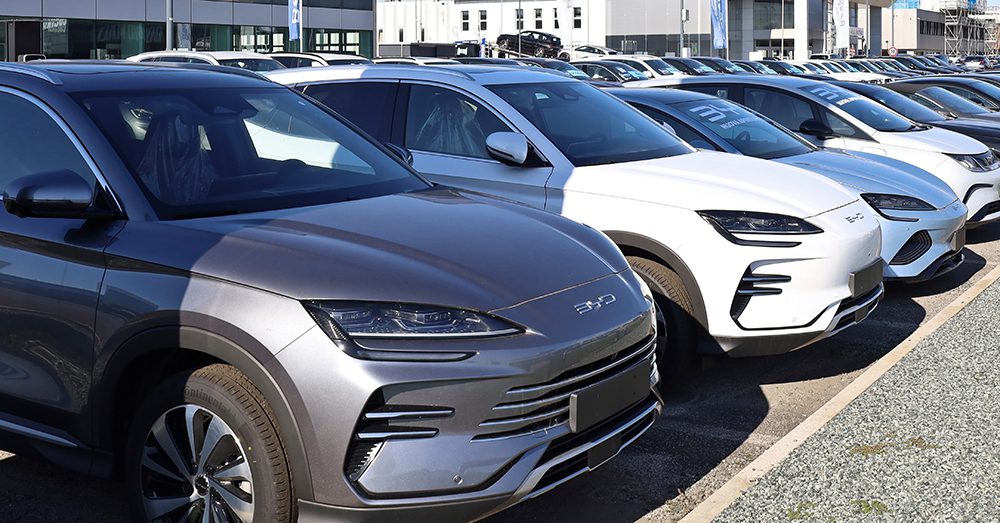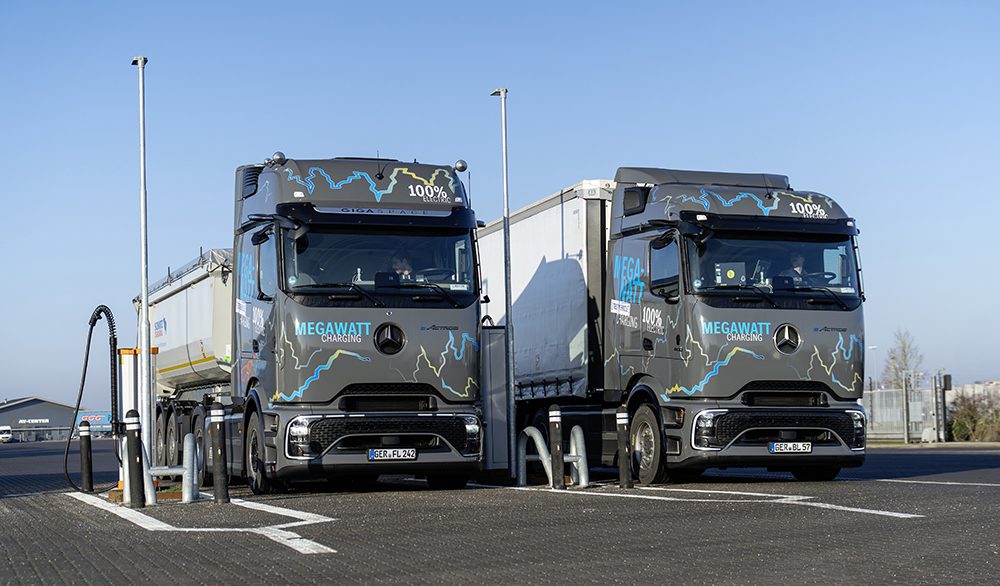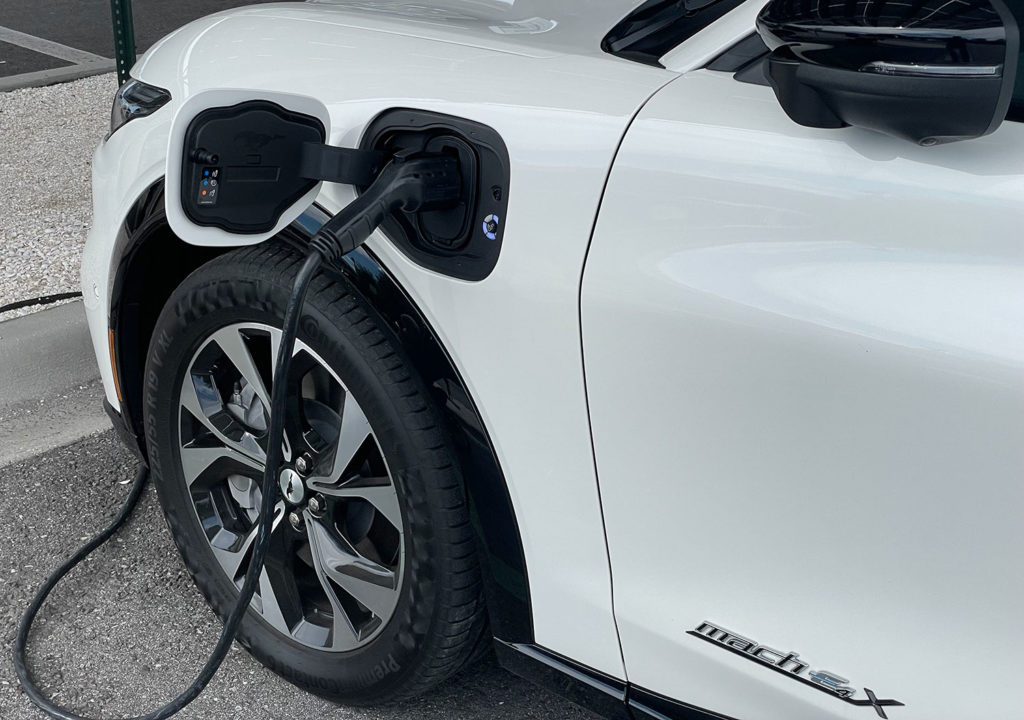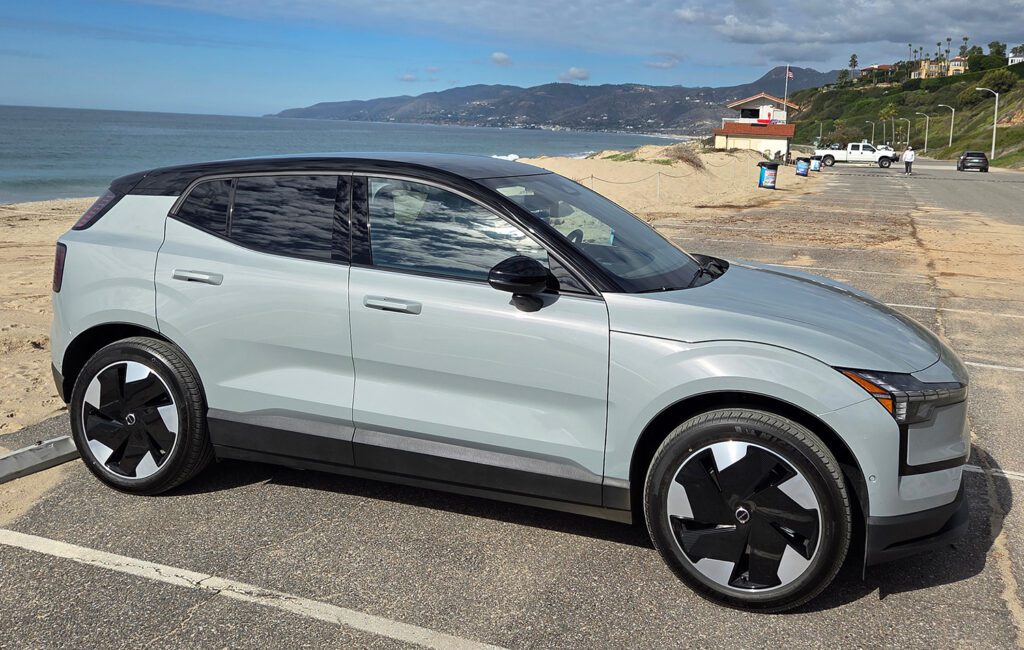England’s National Composites Centre (NCC) is partnering with engineering consultancy Drive System Design (DSD) on a new project to improve the efficiency of integrated e-drives.
The 12-month project is partly funded by the UK’s innovation agency, Innovate UK, and will investigate the use of composites to enable both increased power density and a reduction in size. The project aims to balance NVH (Noise, Vibration, and Harshness) and efficiency via two parallel work streams.
The first will attempt to increase e-drive efficiency through targeted use of composite material. For example, if researchers are able to harness the NVH dampening properties of composites, the e-drive will be more tolerant to NVH inputs for the motor and transmission. With NVH and efficiency often being in competition with each other, the partners believe the increased NVH tolerance would provide design engineers with greater freedom to increase efficiency.
The second work stream will focus on the use of composite sleeves to enclose a rotor in a way that is scalable for high-volume manufacturing, which would enable e-motors with higher power density. This, in turn, would help reduce mass and size.
“Vehicle range at reasonable cost is still one of the biggest barriers to widespread adoption of EVs, so technology that can increase this through efficiency gains – without adding significantly to unit cost – are crucial,” says Markus Hose, DSD Head of Mechanical Engineering. “Vehicle manufacturers are facing increasing packaging challenges as they seek to incorporate higher-performance integrated e-drives into the latest designs, so power density improvements will offer a key competitive advantage.”
Source: National Composites Centre







